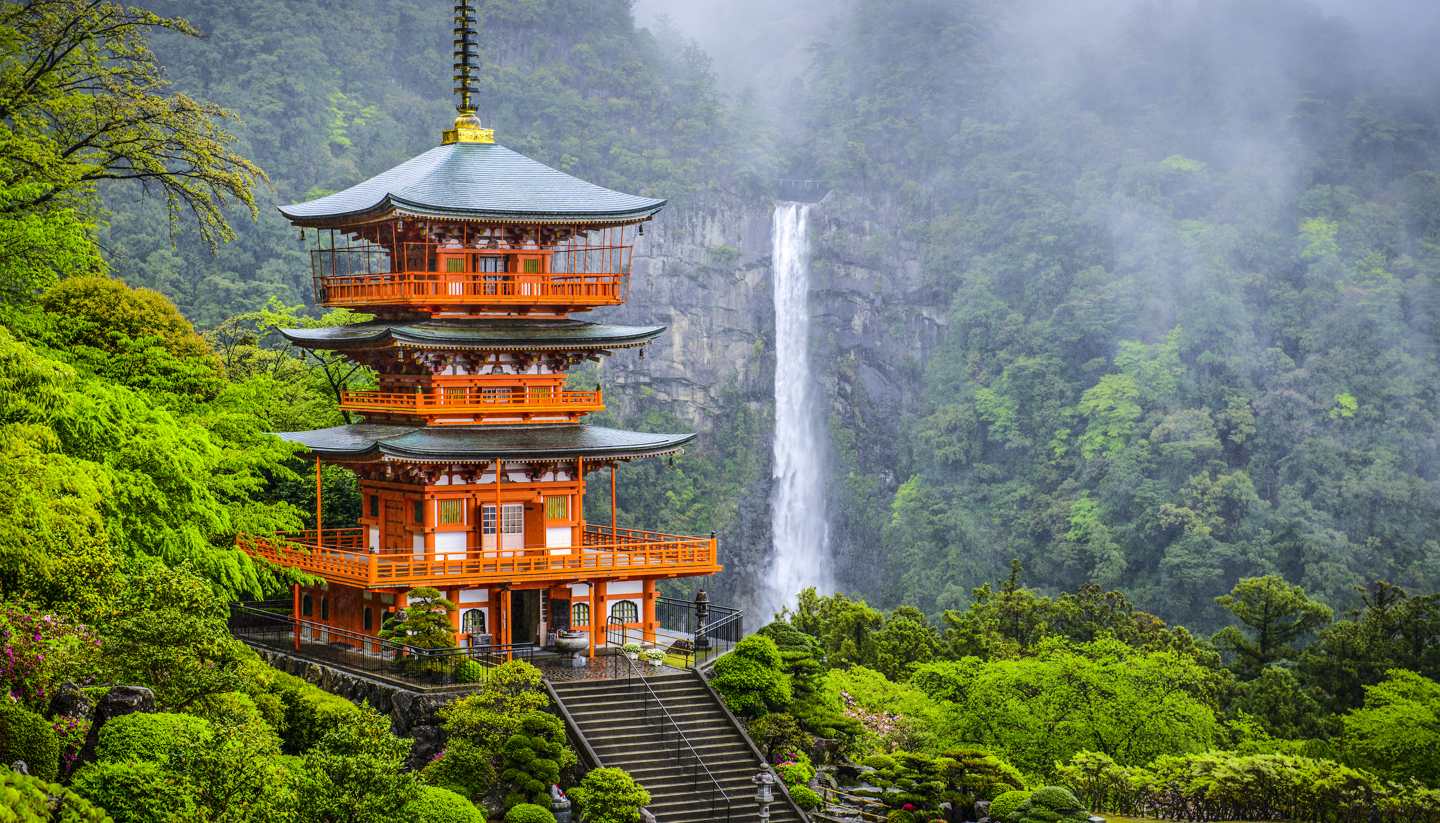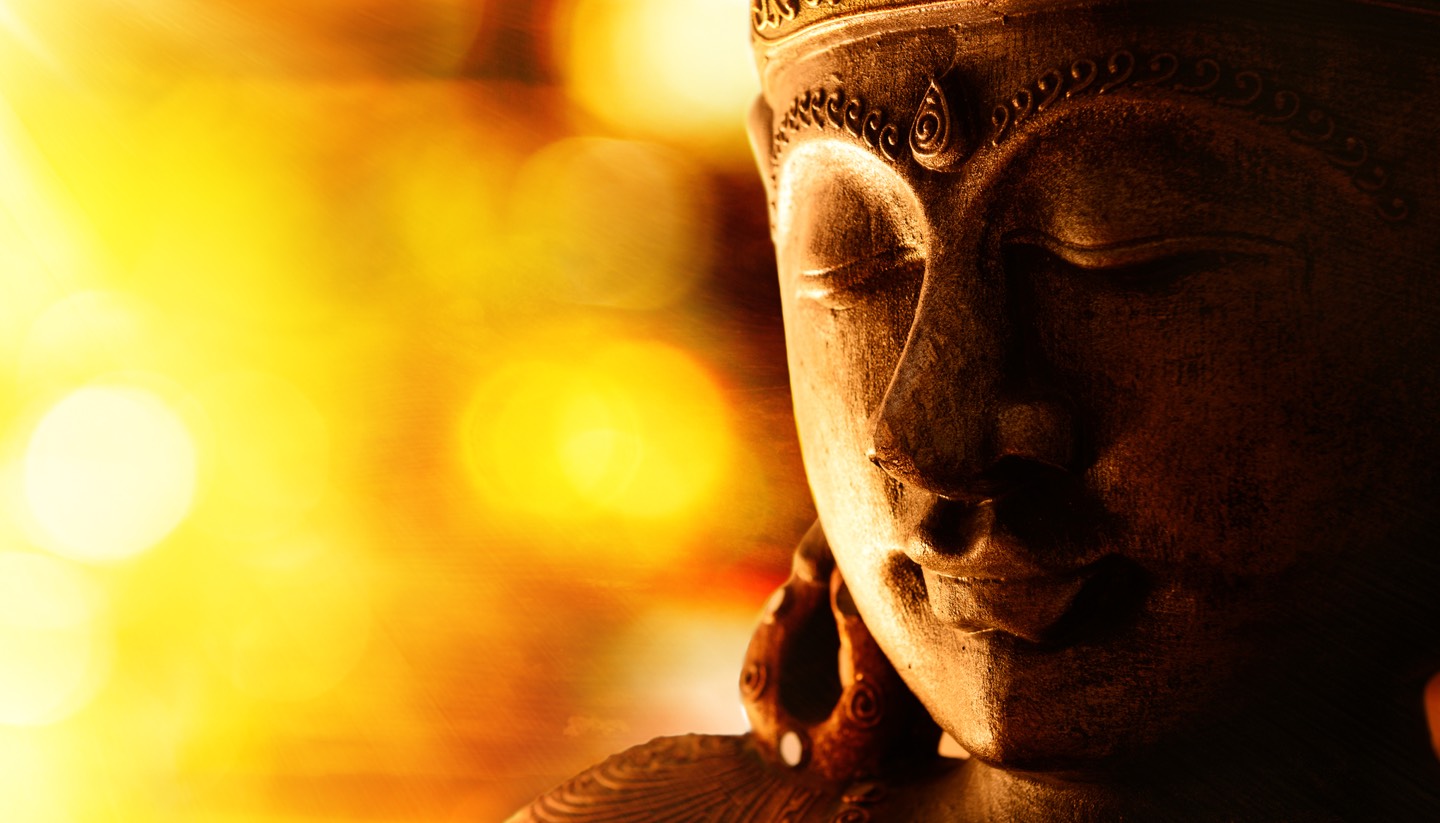Money and duty free for Japan
Currency and Money
Currency information
Japanese Yen (JPY; symbol ¥). Notes are in denominations of ¥10,000, 5,000, 2,000 and 1,000. Coins are in denominations of ¥500, 100, 50, 10, 5 and 1.
Credit cards
MasterCard, Visa and other major credit cards are widely accepted in major cities and towns. American Express and Diners Club cards are also accepted in some bigger stores. A pin number may be required to process the transaction. The Japan Post Bank, Seven-Eleven convenience stores and international banks accept foreign credit cards.
ATM
Japan Post Bank ATMs at main branches of the Post Office accept foreign cards Mon-Sat 0005-2355, and 0005-2100 on Sundays and holidays. ATMs at Seven-Eleven stores also accept foreign cards and are accessible 24 hours. International banks accept foreign credit or debit cards, but these are hard to find outside of major cities.
Japan has a strong cash culture, and it is usual to see people carrying large amounts of cash with them because of the low crime rate. It is only recently that credit cards have begun to become more popular. However, travellers may still encounter difficulties with foreign credit cards.
Travellers cheques
Travellers' cheques are no longer popular, but they can still be exchanged at most major banks and at some exchange services. To avoid additional exchange rate charges, travellers are advised to take travellers' cheques in US Dollars.
Banking hours
Mon-Fri 0900-1500.
Currency restrictions
There are no restrictions on the import or export of local or foreign currency. However, amounts exceeding ¥1,000,000 or equivalent must be declared.
Japan duty free
Overview
The following goods may be imported into Japan by travellers without incurring customs duty:
• Alcoholic Beverages: Up to 3 bottles per adult (each bottle approximately 760 ml), applicable to travellers aged 20 and above.
• Perfume: Up to 2 ounces (approximately 56 ml).
• Tobacco Products: Up to 200 cigarettes, up to 50 cigars, up to 250 grams of other tobacco products, up to 10 individual packages of heat-not-burn tobacco products. If bringing more than one type of tobacco product, the total allowance is equivalent to 250 grams. Tobacco is also applicable to travellers aged 20 and above.
• Personal effects and professional equipment intended for personal use are generally exempt from duties and taxes. For other items, the total overseas market value must be under ¥200,000 to qualify for duty-free entry. Items valued at ¥10,000 or less are always duty-free and are not counted towards the ¥200,000 limit.
Banned Imports
Prohibited items include narcotics, firearms and ammunition, explosives, counterfeit money, obscene material, and articles which infringe upon intellectual copyright.
Restricted items include animals, plants, medicines and cosmetics, hunting guns, air guns and swords.
You should be aware that in Japan, cold and flu medication containing stimulants are illegal. You are not permitted to take commonly available nasal decongestant medication such as Sudafed and Vicks inhalers into Japan.
Banned Exports
Narcotics and stimulants, child pornography and goods that violate design copyrights, trademarks, patents, breeding and intellectual copyrights.



